Photos: Harley Avery October 31, 2023 [Indianapolis, IN] At the National Humanities Conference on Friday, October 27, the Federation of State Humanities Councils (Federation) presented the 2023 Schwartz Prizes for outstanding … Read more
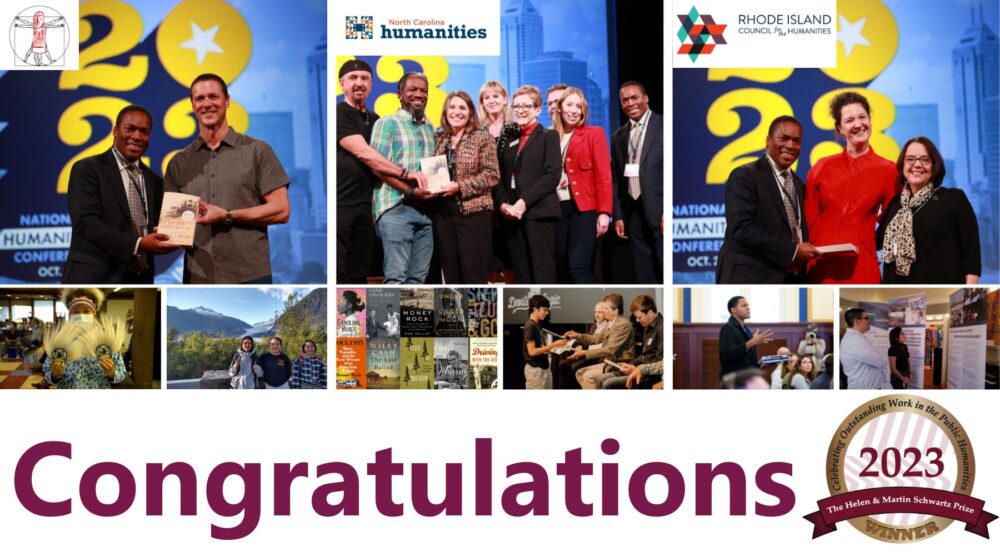
Alaska, North Carolina, and Rhode Island Humanities Councils Win Schwartz Prizes for Outstanding Humanities Programming
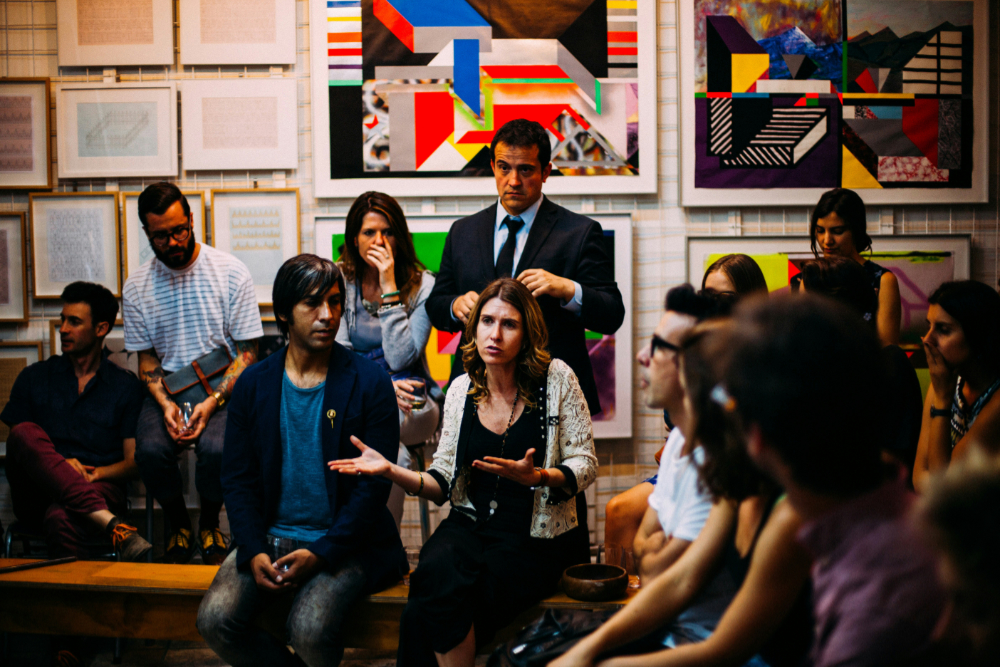
Federation Receives $210,000 from IMLS to Co-Plan Community Conversations on the 250th Anniversary of the Declaration of Independence with Five Humanities Councils
ARLINGTON, VA–The Federation of State Humanities Councils will receive a planning grant of $210,000 to partner with Arizona Humanities, Illinois Humanities, Indiana Humanities, Oregon Humanities, and PA Humanities to help … Read more
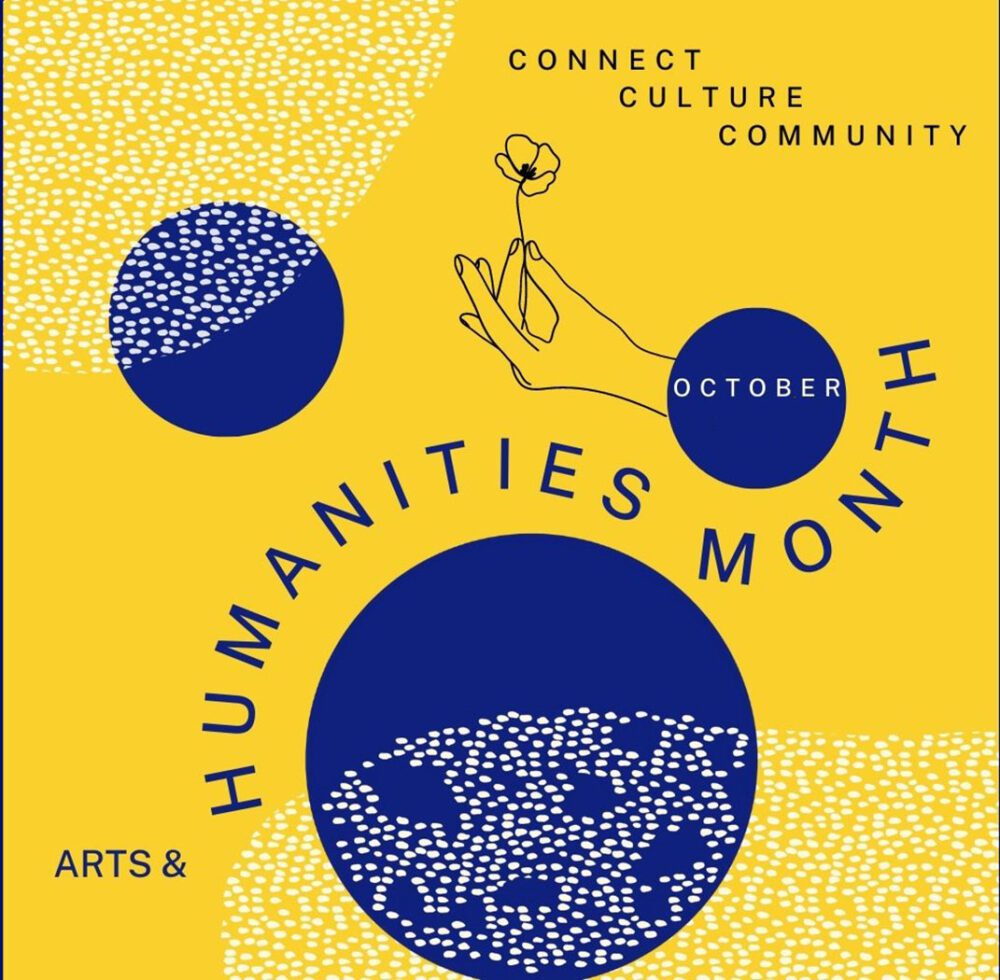
Spotlighting Great Humanities Leaders for National Arts and Humanities Month
By Lynn Pasquerella The worst global pandemic in more than a century had a profound impact on all aspects of society, including how we connect with each other and our … Read more
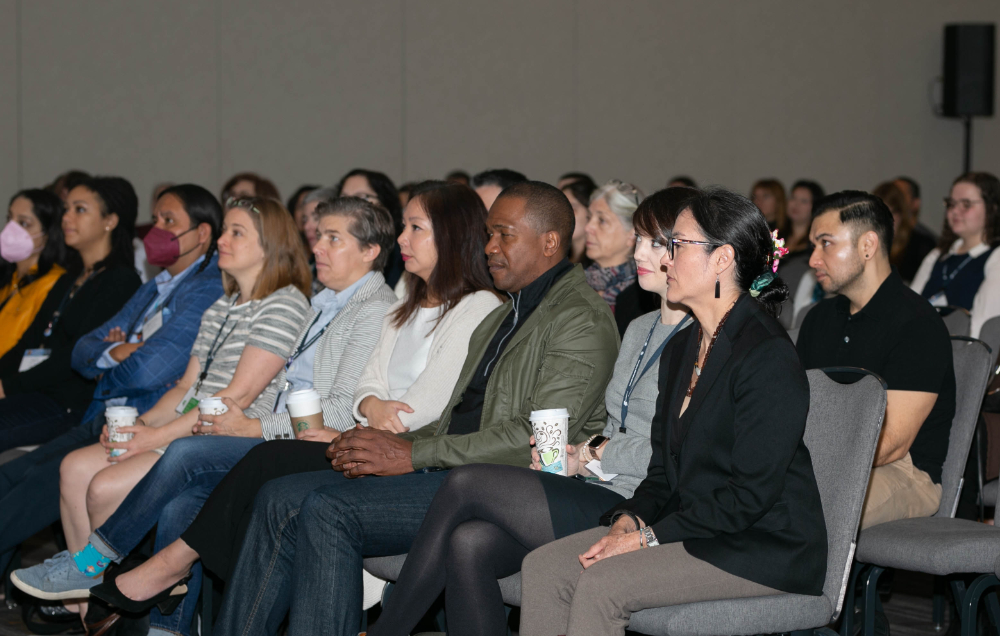
Important Notice of the 2023 Annual Business Meeting
The 2023 Annual Business Meeting of the Federation House of Delegates will take place on Saturday, October 28, from 1:30 to 3:00 pm ET, in Marriot 5 at the Marriott … Read more
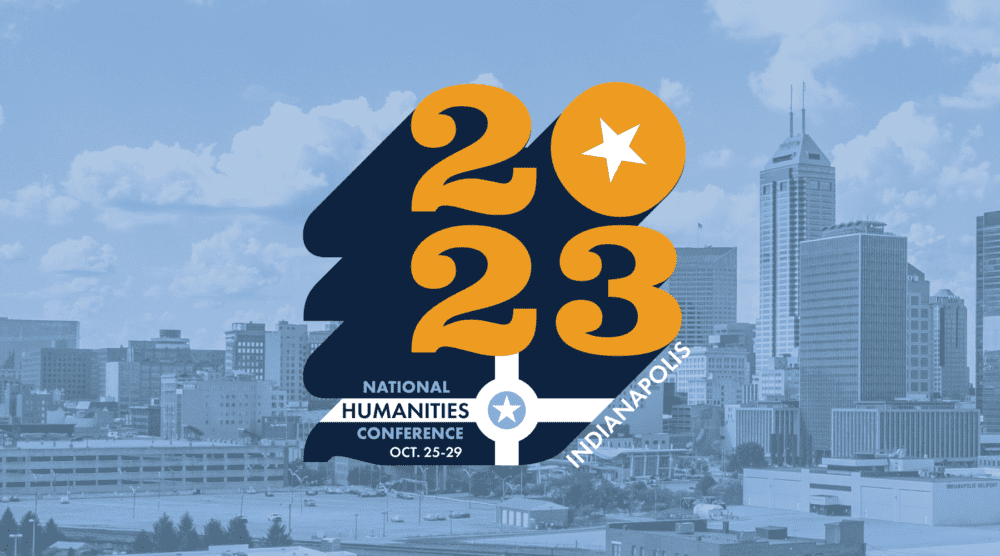
2023 National Humanities Conference Equitable Access Grant Recipients
The Federation of State Humanities Councils and the National Humanities Alliance are pleased to announce the 2023 National Humanities Conference Equitable Access grant recipients. This program has been made possible with … Read more
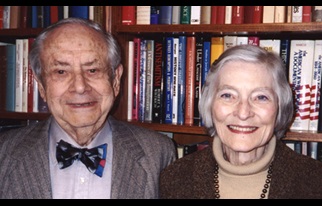
The Story Behind the Schwartz Prize: Exceeding Even Our Most Optimistic Expectations
By George Hanlin, Director of Grants, Indiana Humanities Each year at the National Humanities Conference, the Federation of State Humanities Councils presents the Schwartz Prize to up to three state … Read more

Accepting Applications for 2023 NHC Equitable Access Grants
The Federation of State Humanities Councils (Federation) and the National Humanities Alliance (NHA) are pleased to announce a new grant program to support the attendance and travel expenses of up … Read more
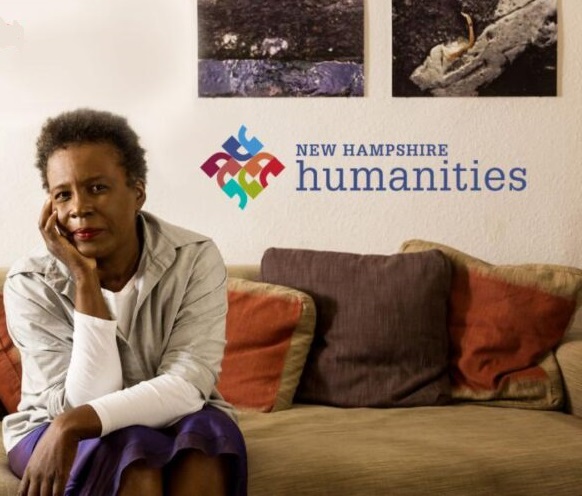
Part III: Engaging History and Imagining Democracy for “A More Perfect Union”
Beginning in September 2021, the National Endowment for Humanities (NEH)’s “A More Perfect Union” (AMPU) Initiative has sparked conversation, education, and civic engagement opportunities across the states and territories. Awarding … Read more
Meet the 2023 Federation Board of Directors
The 2023 Federation Board of Directors welcomed two new board members on November 12: Miranda Restovic, President and Executive Director of the Louisiana Endowment for the Humanities and Leo G. … Read more
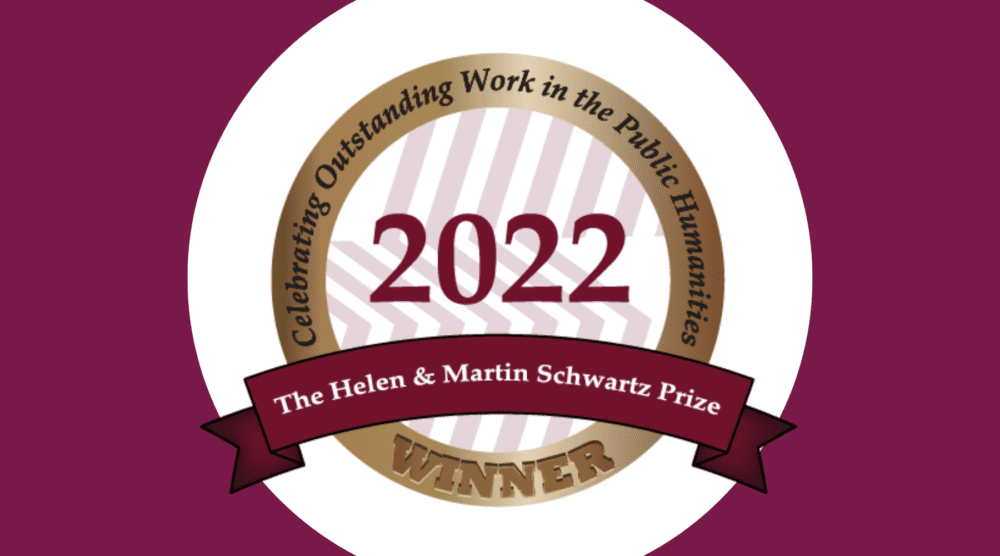
Hawai’i and Oklahoma Humanities Councils Win Schwartz Prizes for Outstanding Humanities Programming
November 17, 2022 [Los Angeles, CA] The Federation of State Humanities Councils (Federation) presented the 2022 Schwartz Prize for outstanding work in the public humanities to: Hawai’i Council for the Humanities … Read more
2022 National Humanities Conference Equitable Access Grant Recipients
The Federation of State Humanities Councils and the National Humanities Alliance are pleased to announce the 2022 National Humanities Conference Equitable Access grant recipients. This program has been made possible … Read more
National Humanities Conference Equitable Access Grants
The Federation of State Humanities Councils (Federation) and the National Humanities Alliance (NHA) are pleased to announce a new grant program to support the attendance and travel expenses of up … Read more
